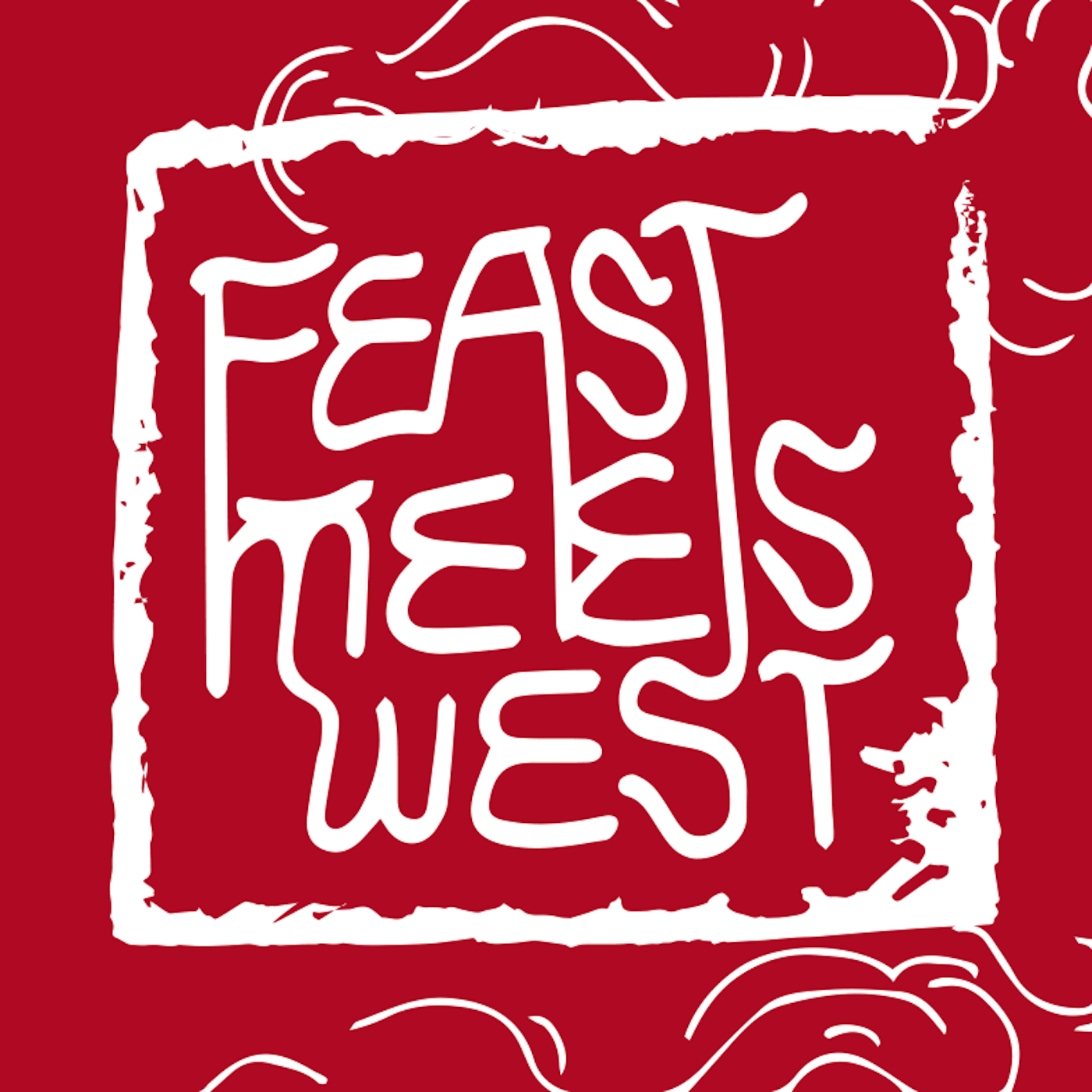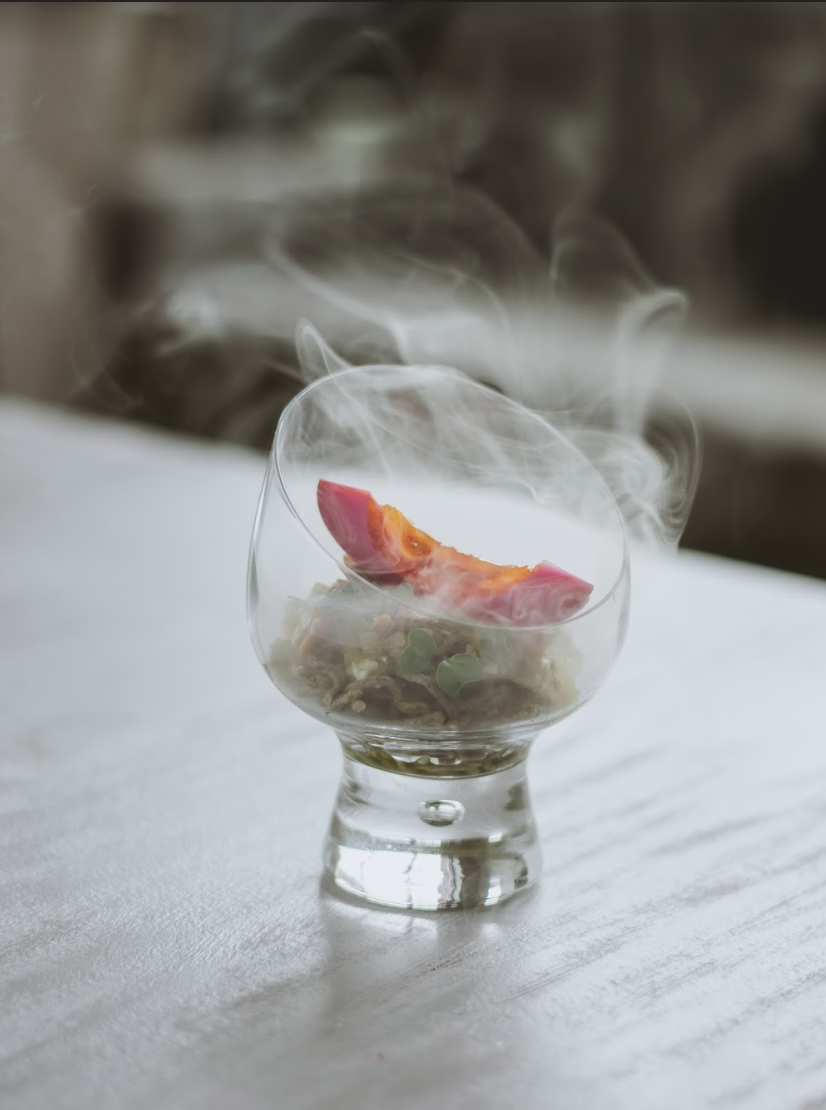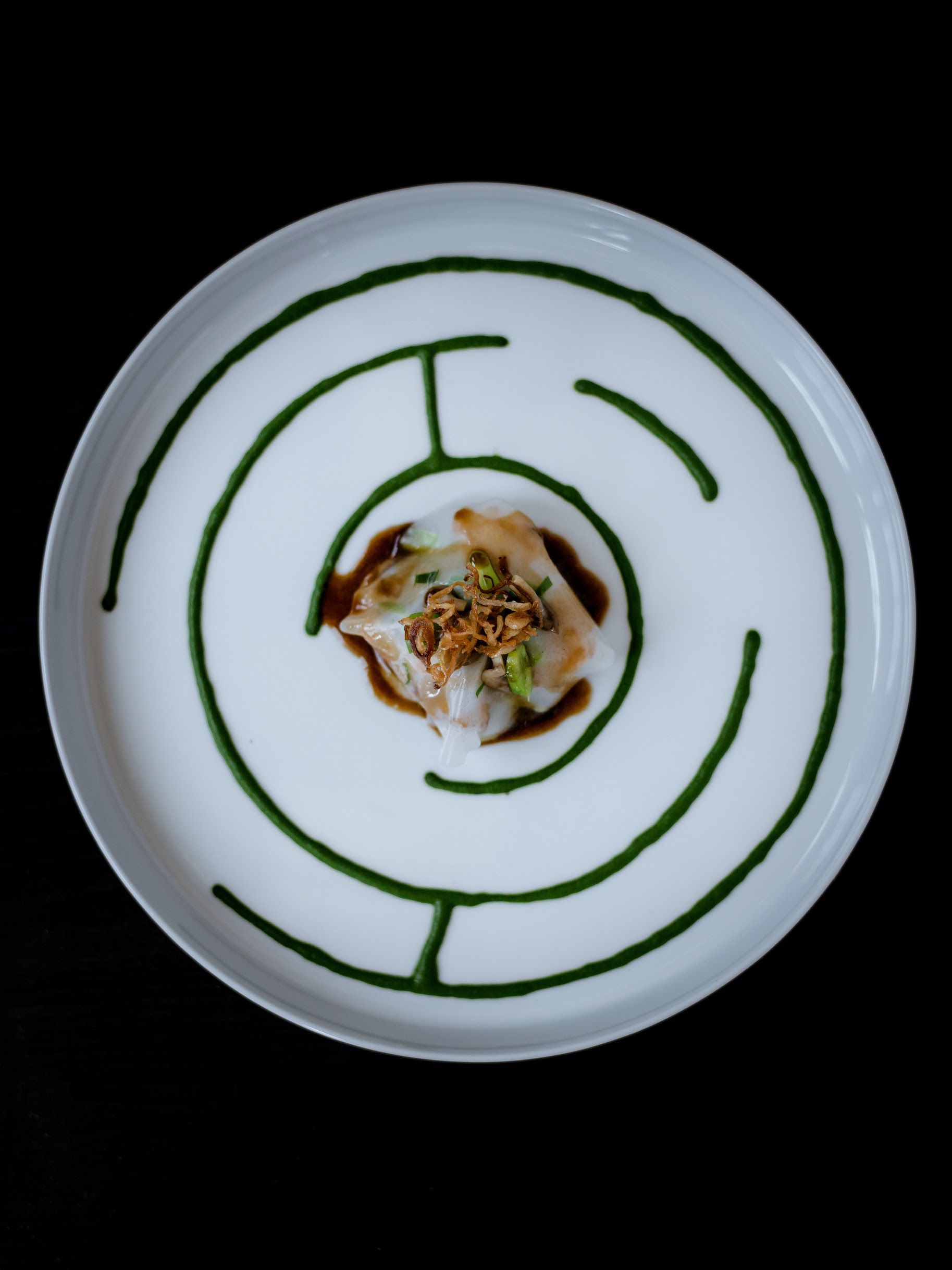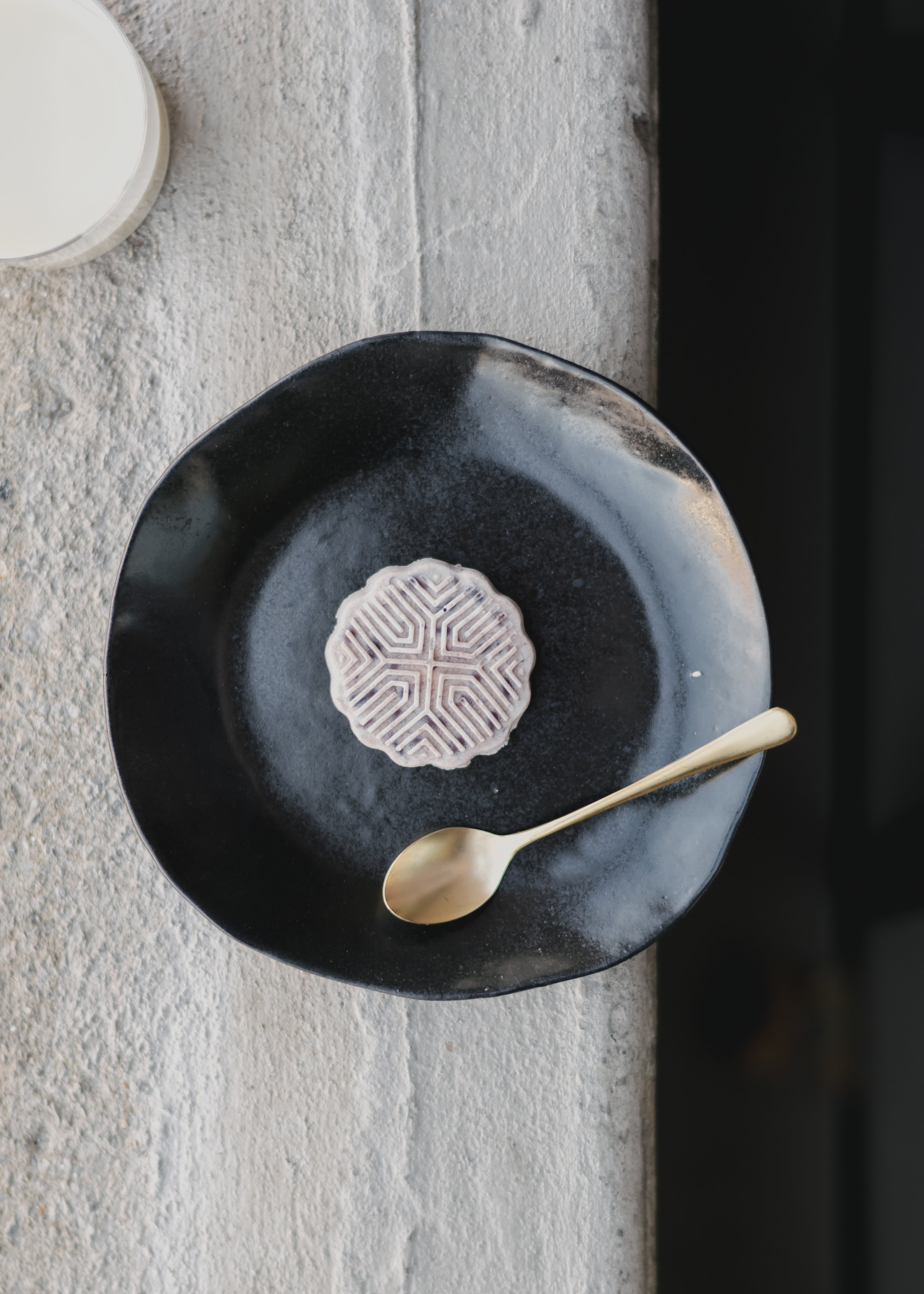Episode 67: Women in Asian Food - Pt. II
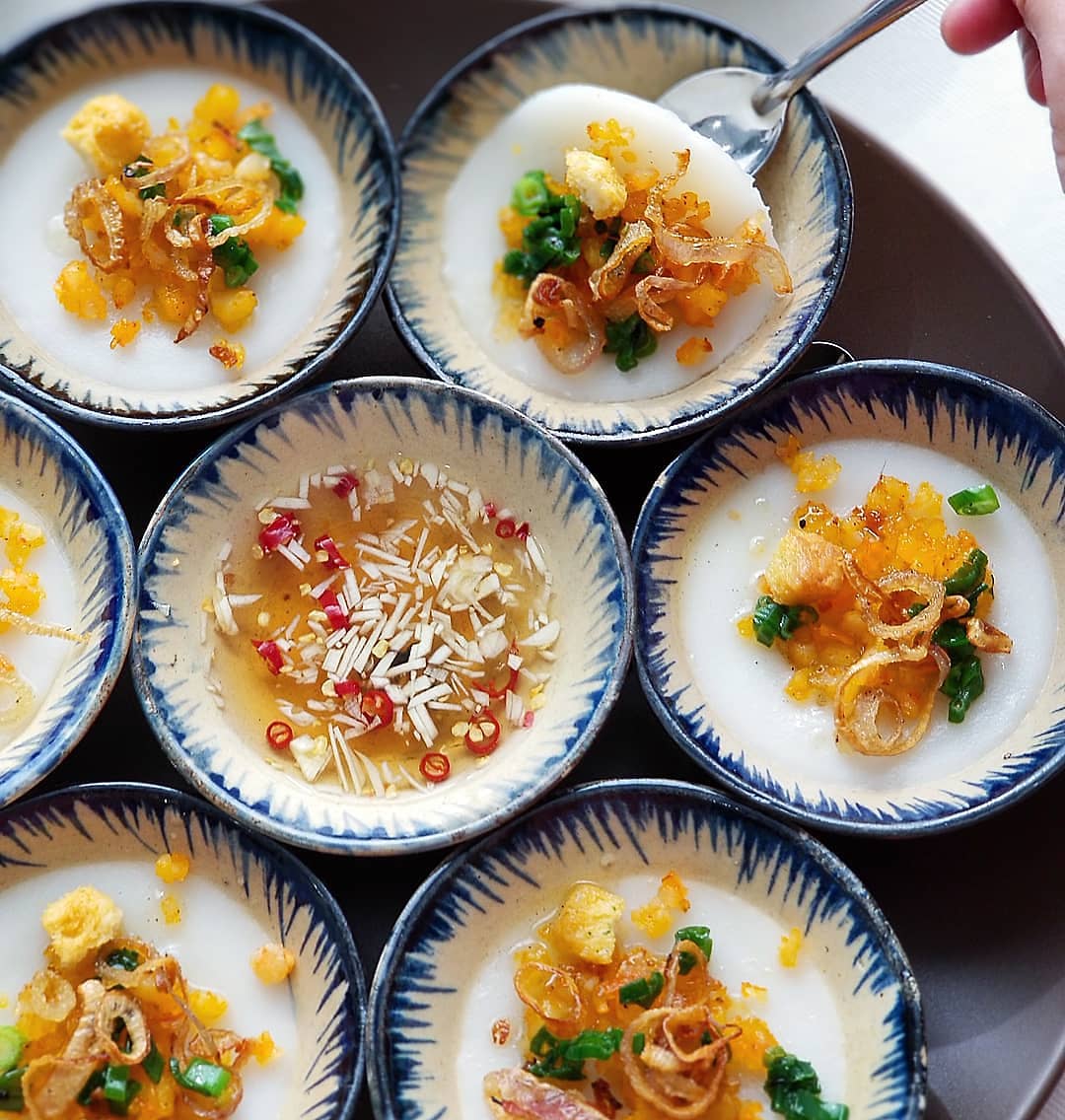
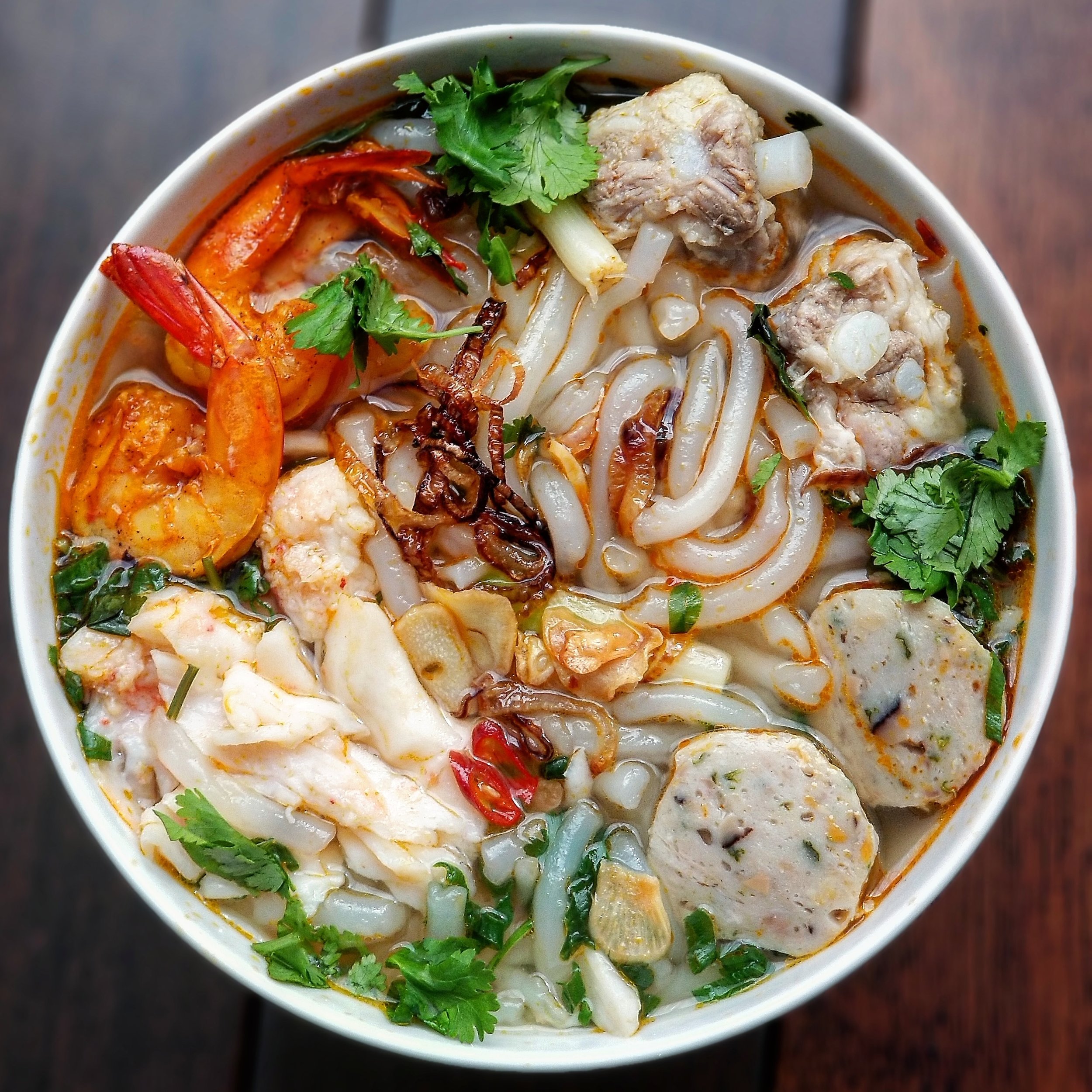
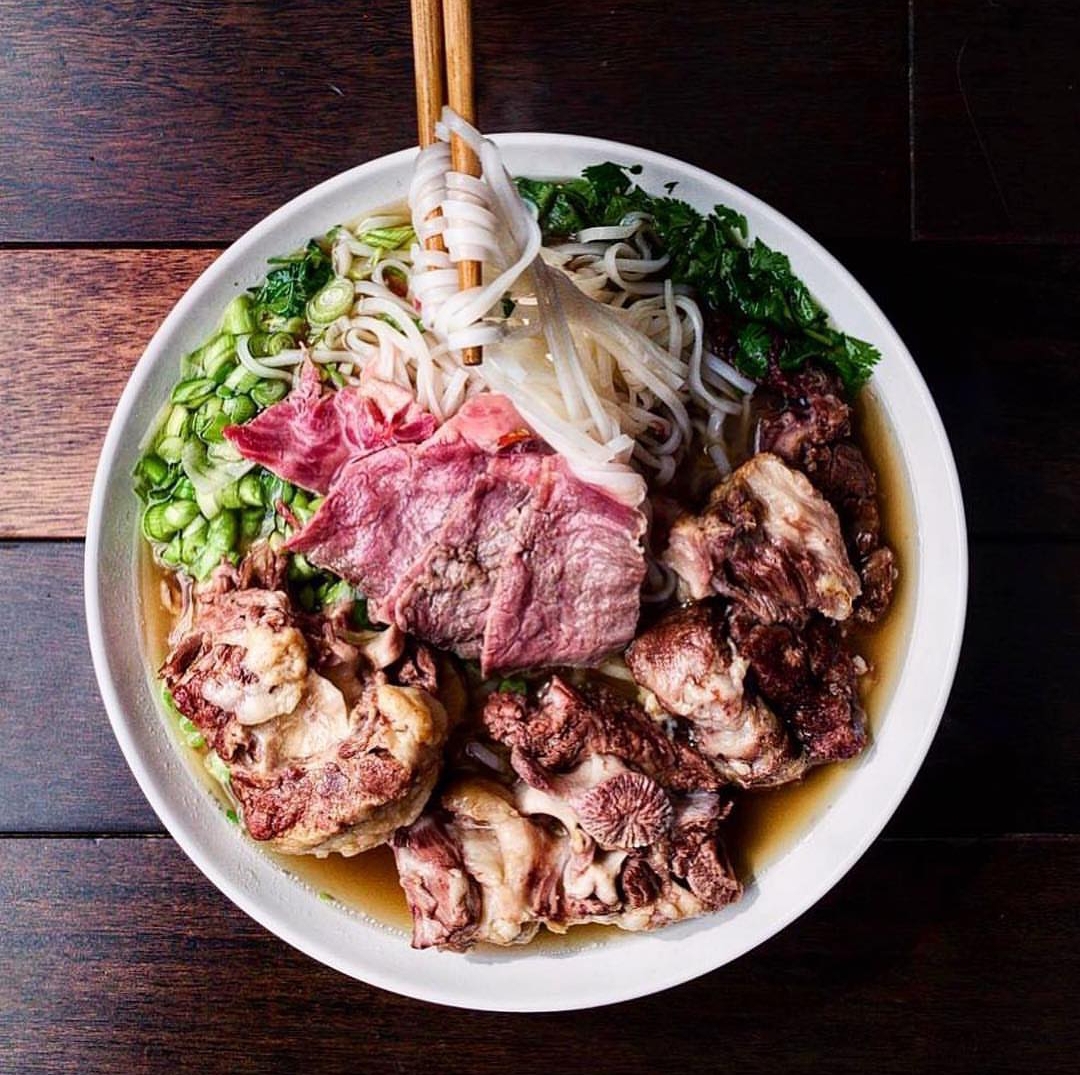
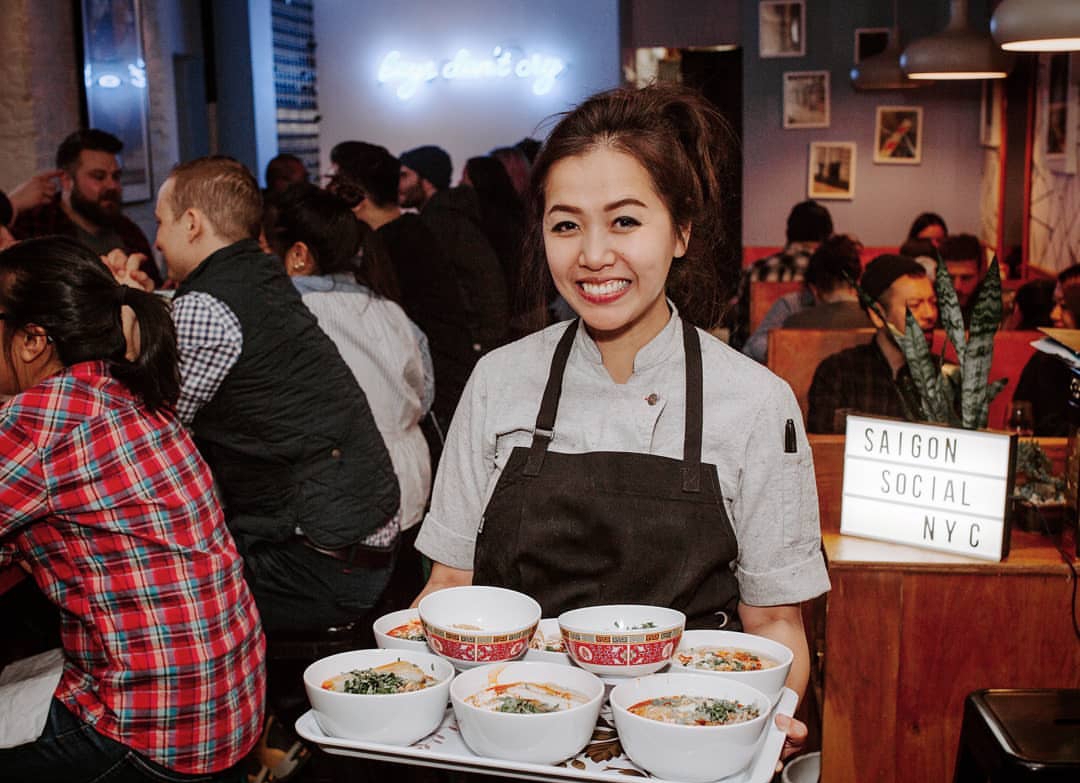
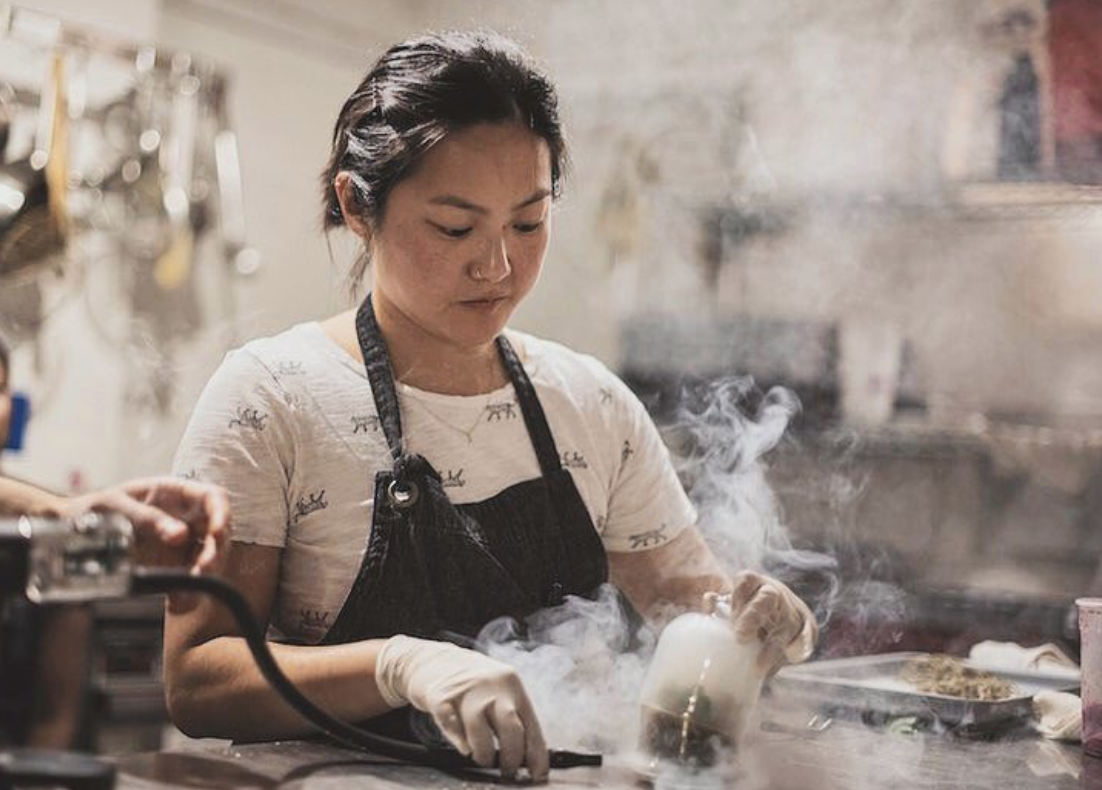
For our last episode of the season, we talked to Chefs Jenny Dorsey of Studio ATAO and Helen Nguyen of Saigon Social in the second segment of a continued series on Women in Asian Food. Check out Episode 56 to hear the previous Women in Asian Food episode featuring badass Chefs Lien Lin of Bricolage and Baobao of Baoburg.
Most of the questions this episode were sourced from The Cosmos – a fast-growing community for Asian women creators, entrepreneurs, freelancers, and artists to flourish and thrive. We covered topics such as career changing into food, appropriation vs. appreciation of a cuisine, navigating the industry as a woman of color, mental health, and more. The episode is full of practical and honest advice for not just women in food, but anyone who wants to be passionate about their work.
Jenny and Helen kicked it off by describing the food they cook, their food inspirations, and their journeys into a career that they never anticipated and that was met with so much initial disapproval from their Asian parents.
For Helen, on top of the draining commute each week between New York for culinary school and Seattle for her real estate business and family, she also handled an emotional toll whenever she talked to her mom. At first, her mom didn’t take her new interest seriously, and perceived working in food to be a last resort for those that didn’t have any other skills or choice - derived from her personal experience after immigrating to the US from Vietnam. Helen started to change her mom’s mind with many patient conversations and an invitation to her first pop-up in Seattle.
“It’s a completely different time. It means something now. You can actually have a career and have it be respectable. I think it took some time but I think it was the persistence and the education. Not only the direct dialogue with her, but showing her the different things that Chefs are doing and sharing their successes with her.”
Ultimately, this support from her mom, her family, and friends gave Helen the courage to fully transition into the culinary space.
In a male dominated industry, Jenny, has purposely looked for strong female leaders when she worked in kitchens, as it sets the tone for the team.
“Overall I do think the industry is slowly changing, and part of it is because women are coming forward and saying this happened to me, and this is how you can change. I think we can do more of that instead of going home and getting angry about it. Stop it there and then.”
Helen agreed as people should feel empowered to make a decision to not put up with BS. It’s worth evaluating what self worth you are sacrificing when you allow yourself to remain in a negative situation.
“For those of us who have the privilege to walk about from their jobs, it’s more important than ever that we do, and that we say why we walked away. Tell them this is why I left, this is why you lost talent today.”
Helen recognized that these ideas are scary to put in action. But the more you speak out, the more opportunities you give your network to help.
“The more that you share, the more people will relate, and extend their support. People don’t realize that there’s a lot of resources out there that will help you achieve your goals without having to sacrifice your happiness and comfort level.”
We talked about the appropriation vs. appreciation of Asian culture. As seen by recent (un)lucky incidents (ex. Lucky Lee’s, Lucky Cricket), there’s a clear need for people exploring and working with cultures outside of their own to gut check and consult with others. Jenny and Helen agreed that it’s ok to borrow elements from a culture, but it should be respectful and not a one-sided relationship. Or worse, don’t trash aspects of a food culture to promote your own concept.
“Appropriation can be defined as when someone is profiting off something they weren’t born into and they’re not giving back. They’re just taking it in a one-sided way.”
We discussed the difficulty of work life balance when you you’re fulfilling a dream. Helen says, “I don’t know that I have a good work life balance. If you’re really focused on achieving a passion project, you’re going to end up sacrificing things.” Jenny agreed, “I think work life balance is a myth. I also think it’s unfairly targeted to women, because you are expected to have it all.” While these ladies don’t actively structure for a work life balance now, they both agree that having a strong network to keep your mental health in check in times of high stress is indispensable.
That’s not all. Tune in to hear more from our thoughtful guests on how we can better work with others and ourselves, and their tips for those considering a path into food. Catch Jenny at her Studio ATAO events this spring and summer, and visit Helen at her pop-ups and at her permanent Saigon Social restaurant space later this year.
